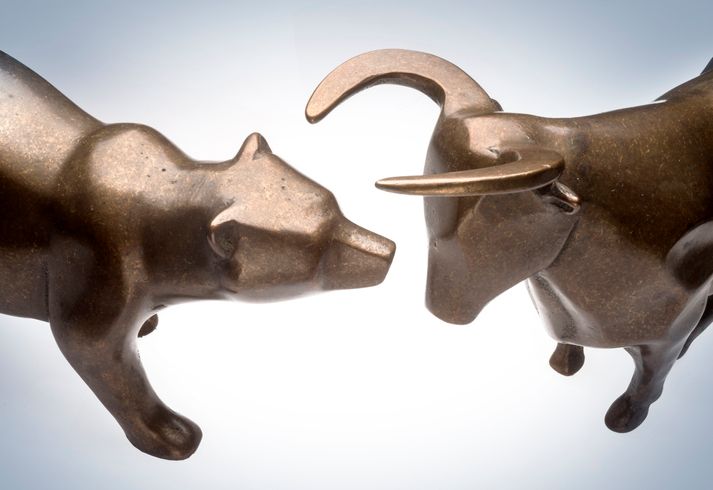Summary:
Crypto industry spent tens of millions on pro-crypto candidates this election cycle.
Fairshake raised over $204 million for the 2024 election cycle.
Ohio race features significant crypto funding for Bernie Moreno against Sherrod Brown.
Trump's campaign has raised $7.5 million in crypto donations, boosting bitcoin's value.
The Crypto Industry's Massive Election Spending
The crypto industry has poured tens of millions into supporting pro-crypto candidates this election cycle, aiming to influence future regulations. With the US presidential election just around the corner, the industry is keen to see how its spending will pay off.
Spending Trends
Crypto executives and super PACs have outspent traditional political players, including the Koch family, investing nearly $120 million in federal races by August. The leading pro-crypto super PAC, Fairshake, raised over $204 million for the upcoming elections, with notable expenditures against Democratic candidates.
Key Races
In Ohio, the race between Democratic Sen. Sherrod Brown and Republican Bernie Moreno, a blockchain entrepreneur, has attracted significant crypto funding, showcasing the industry's targeted efforts.
Political Influence
Former President Donald Trump and Vice President Kamala Harris have made appeals to the crypto community during their campaigns. Industry leaders are hopeful that a crypto-friendly government can push for clearer regulations from the Securities and Exchange Commission (SEC).
JP Richardson, the CEO of Exodus Crypto Wallet, notably donated $844,000 to Trump's campaign, reflecting the industry's support for candidates who advocate for crypto.
The Stakes for Crypto
Trump's shifting stance on crypto, from calling it a scam to arguing that his presidency would be beneficial for crypto entrepreneurs, has generated optimism in the market. His campaign has reportedly raised $7.5 million in crypto donations, coinciding with a rise in bitcoin's value.
Regulatory Hopes
Industry insiders believe that Trump's potential victory could lead to favorable regulations for crypto, making it a mainstream financial product. Richardson emphasized the importance of electing pro-crypto candidates, stating that efforts are bipartisan and aimed at educating voters about candidates who support the industry.
Conclusion
The increasing involvement of the crypto industry in politics raises questions about the future of digital currency regulation and the influence of political donations on shaping the landscape of cryptocurrency.








Comments